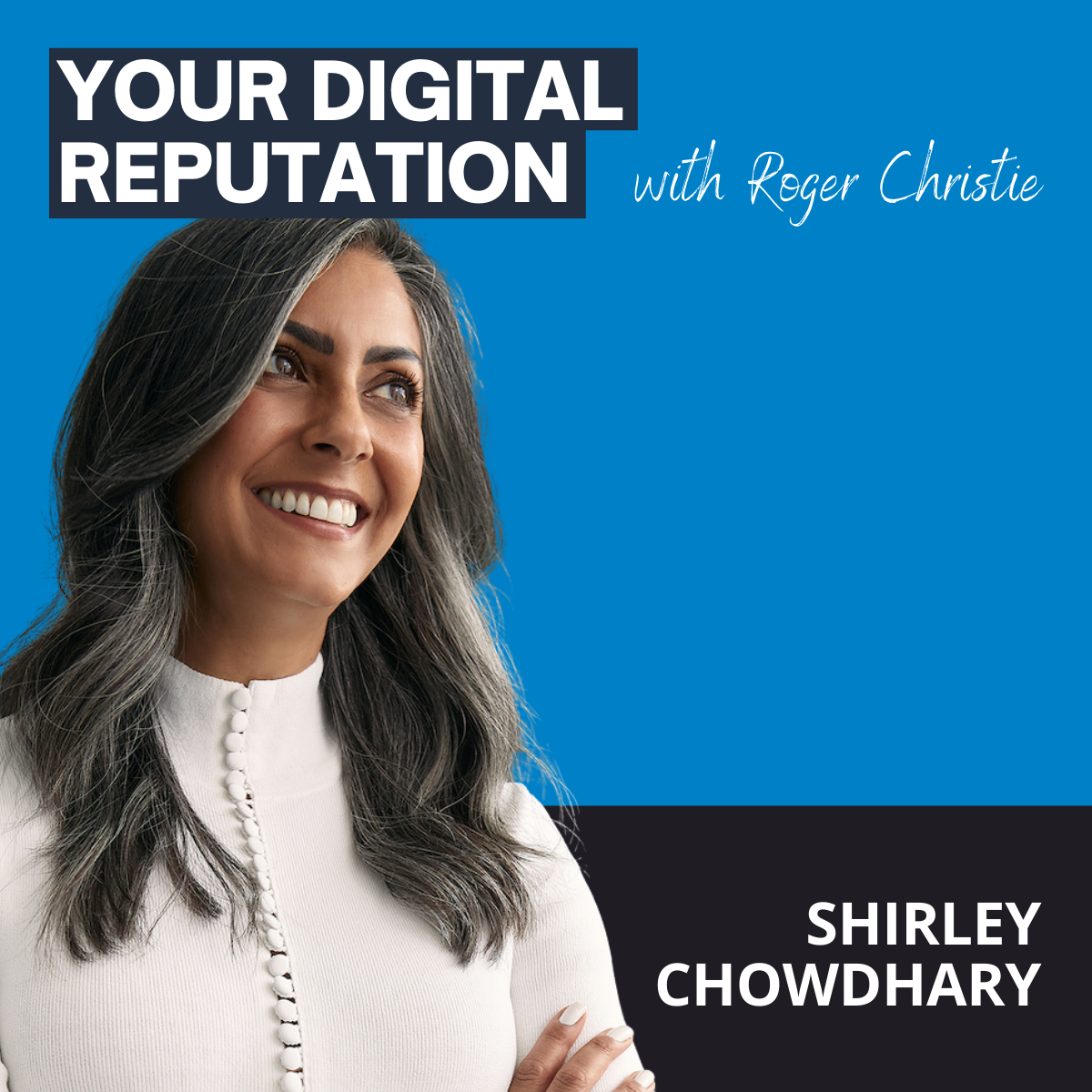
In this episode, we’re looking at the question: How can leaders get comfortable online? So, let me address the elephant in the room right up front. Leaders or advisors, if you’re on social media simply because someone told you to, because your competitors are on social media, or because someone is writing and engaging on your behalf, you’re actually putting your reputation and career prospects at real risk.
From our work with leaders over the years, the one thing that consistently creates more risk than anything else online – more than controversial topics, more than typos, more than trolling – is a lack of purpose. It means you get drawn into the wrong conversations, say the wrong thing, offend important stakeholders or – worse still – end up on mainstream media for all the wrong reasons.
Never hop online without a plan and a clear purpose. Your purpose is powerful. And it says a hell of a lot about who you are, what you stand for and why others would want to be part of your mission. Online just happens to be the single best way to give your purpose scale. Something my guest today knows all too well from her own journey.
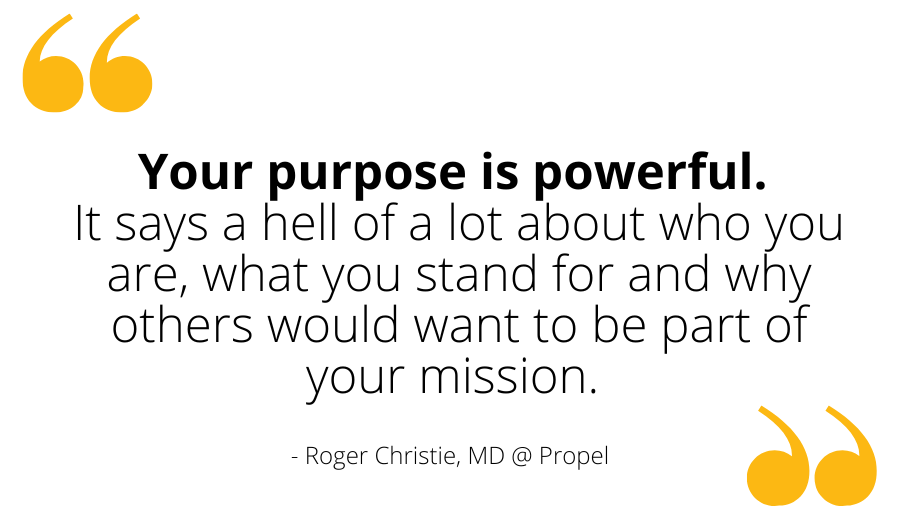
Our guest on this episode is Shirley Chowdhary, currently a non-executive director on the boards of the Australian Associated Press and the Royal Australian Institute of Architects, and is Chair of the Advisory Board of Octadoc, a med-tech start up. She’s been Regional Counsel Asia Pacific for JP Morgan Investment Management and CEO for the GO Foundation. She’s also a former client, colleague, mentor, dear friend and all round rare human being for many reasons.
But the one reason I want to focus in on here, is because she is one of the few leaders who is incredibly intentional with all her actions and choices online, as I’m sure you’ll learn through our conversation.
I encourage you to listen to the conversation in full. But in the meantime, here’s a snapshot of what she had to say. I hope you find it as insightful as I did.
Roger Christie: Shirley, I think this is a really important question for a lot of people and it’s something that I know you’ve grappled with. So in your opinion, how can leaders get comfortable online?
Shirley Chowdhary: I think it’s a process. I think it’s a journey and everyone needs to be prepared to take baby steps to get there. For some people, social media is not a daunting prospect. They just jump on and they start. But for me, I looked around at what people were doing, what my friends were doing and what famous leaders were doing and I didn’t love everything I saw. I found that quite intimidating. I didn’t see anyone doing social media in a way that I was 100% comfortable with.
So it wasn’t until I worked out how to do social in a way that was authentic to me, that I became comfortable with it. That’s what I will say to anybody else grappling with the same question. Look, learn and listen for as long as you need to start to formulate a view in your own mind about what your social media purpose is.
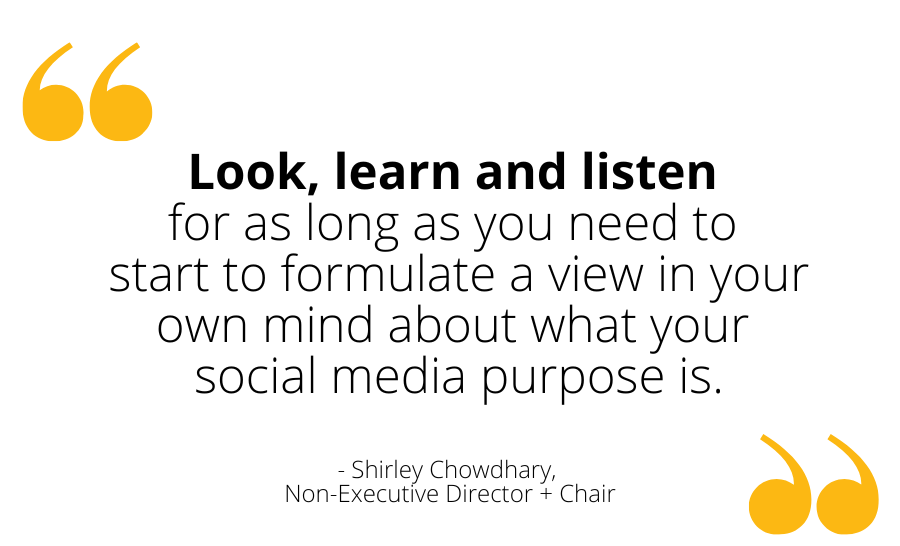
Roger Christie: I completely agree with the idea of listening before talking. It’s a basic principle of life: you can’t communicate effectively if you don’t understand the context, the needs, the interest, the passions and the beliefs of the audience you’re speaking to. And therefore listening is key. I feel like a lot of people go into social media thinking, ‘what do I have to say’ which is a very different environment. So how did you make the time to listen?
Shirley Chowdhary: I think you made me, that’s the short answer! But you know, the truth is that most of us are on social media in some capacity. But what people forget is that every time you interact with social media, whatever your preferred platform, every time you go in and move the page or scroll through something or linger on something you are giving a message back to that algorithm. And so for me, once I realised that, it changed the way I wanted to interact with it. I didn’t want the algorithm deciding what was important to me because I was unintentionally engaging.
And so what I started to do – and again, all my a lot of my learning comes from you, Roge – was to put five minutes in the diary, three times a week. And for those five minutes I would be intentional about how I looked at social media. I started to be intentional about which posts I actually stopped on and which ones I clicked ‘see more’. I started to be more present when I was looking. I think it’s just understanding that every time you interact with social media, you’re sending a message to the algorithm. So how do you want that algorithm to see your relationship with that platform?
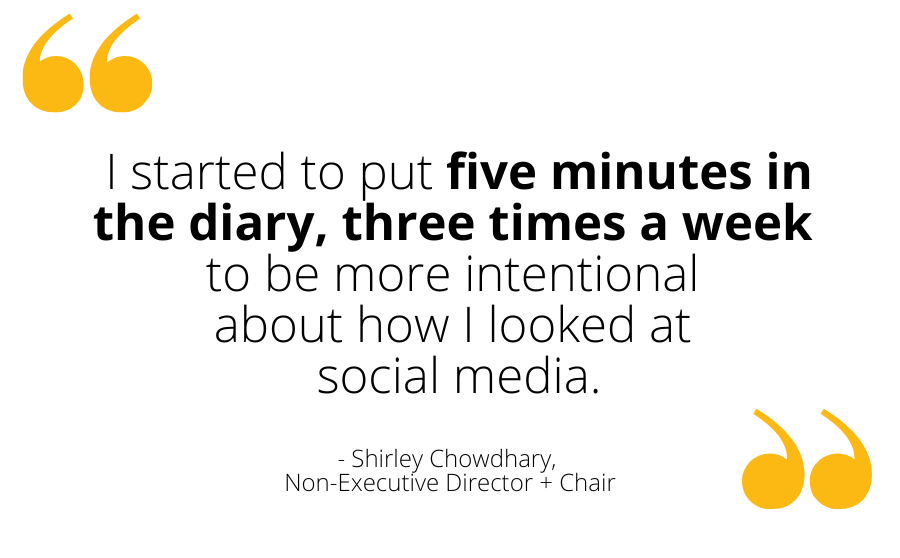
Roger Christie: And I think importantly building on that, it’s about how do you want others to see you as a result? We talk about this idea of footprints or digital fingerprints – leaving those little messages and little signals out there to the world. How people perceive you is a reflection of these so you need to consider the micro-actions that you’re taking.
So if I can challenge you here, I know you said right at the start you were a bit more reluctant in your use of social media because of what you were seeing around you. So I think you’ve come a long way in terms of those five minute increments. What changed for you? What was the thing that took you from that initial experience and reluctance to going, ‘No I am going to spend five minutes here’? What set you on a course for what I would argue to be a very intentional and very purposeful use of social media?
Shirley Chowdhary: I think I realised that, through lots of conversations and discussions with you and others, that for me, interacting on social media was deeply connected to my own sense of authenticity. I wanted to participate in social media in a way that felt real to me. What I was seeing when I first got on social was the oversharers – the people who share the sunsets and the coffees. They like every post and they post everything. I knew that wasn’t me.
So I started to drill down into who I was outside of social and what my message was. Something that’s really important to me is connecting people, place and purpose. It’s important to the boards I sit on and the mentoring, consulting, speaking work I do – it’s the thing that connects everything.
It made no sense for somebody who was all about connecting people, place and purpose and elevating other voices to then go on social and share everything about me. There was a real conflict in those different approaches.
And so I took my everyday approach on social media and decided that whilst I’m really uncomfortable talking about myself and promoting myself, I am really comfortable using my voice to talk about other people and talk about things I care about.
So back to your question of how did I make that jump? Through all those five minute learning periods where I dipped into social media. I was making a decision constantly about what I like and what is it that I don’t like. I was working out how I could create a sense of belonging for myself so I felt like I was part of it – not just viewing from the outside.
You know, ultimately, that’s what we all want, right? We all just want to belong. We want to be able to take our authentic selves into whatever we are doing everywhere, whether it’s the workplace or social media or a social function. For me it was working out how I could formulate that in a way that was authentic to who I was, not what I felt I needed to be because I’m on a social media platform.
Roger Christie: I like what you’re saying here because one of the things that we often encourage our clients to do is to look to industry, look to other examples to see how others are using the environment. We find this helps give them a reference point, a benchmark and examples to go, ‘I like that, I don’t like that’ or whatever it might be. We encourage them to, from the outside, immerse themselves in the activity of others.
What’s interesting from your experience and where you had that light bulb moment, is that it was through seeing what you didn’t like that led you to actually clarify what you did. And something you said that is so important for people to hear is it’s not about your profile. Too often people think it’s about all the things that I’m putting out into the world. I think too often leaders are told they should focus on what they have to say. What you’ve touched on there is it’s very much about your listening: who you’re listening to, where you’re getting ideas, inspiration and feedback from.
And it is also very much about your network. It’s about the people that you have around you, as you said, giving a voice to others. Yes, it might be a post, but it also might be a private message that you send to someone behind the scenes to say, ‘I love that post, good on you keep going’. It’s got nothing to do with the ‘standing on the soapbox beating your chest’ scenario that I think a lot of leaders perceive social media to be. So I love that. I think it’s such an authentic story that people can learn a lot from.
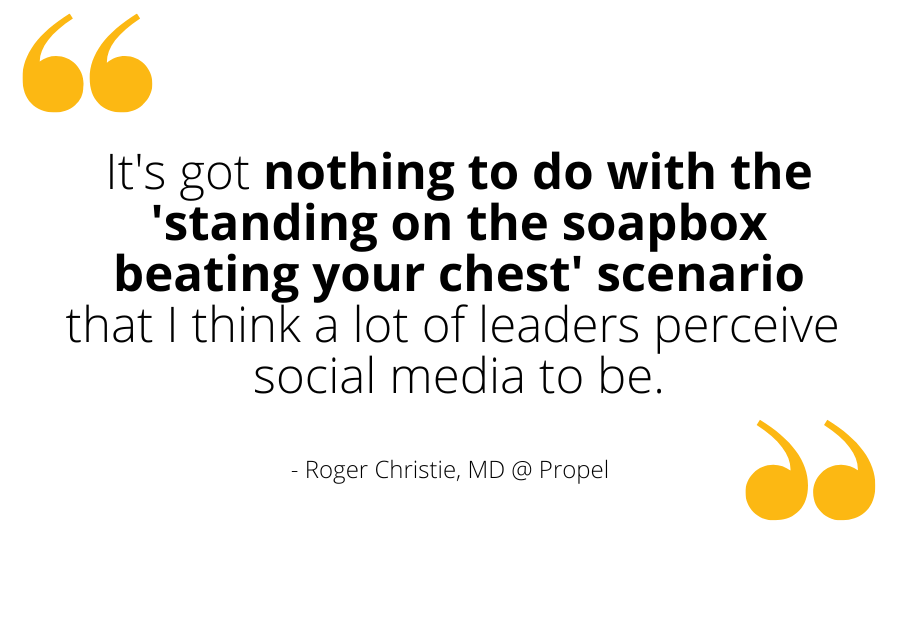
Digital leadership in practice
Roger Christie: I am interested to know as you did transition from observing and perhaps not liking what you saw, to having that moment of clarity and then being much more purposeful and intentional with your actions, what have been some of the benefits? What have you seen by being more purposeful with your own time and effort on social media?
Shirley Chowdhary: I’ve had some great engagements! I’ve heard from people that I would never ever have heard from. I put a post up earlier this year around an International Women’s Day campaign I was asked to be a part of. And for a lot of reasons, I was uncomfortable doing it. But I decided to do it. And I decided to do it because being from an Indian background, I didn’t grow up seeing people who looked like me in the media. As a little girl I would have liked seeing somebody who looked like me in a campaign like that.
I put it out there with a message that said, ‘Actually this was really uncomfortable for me. It’s not something I would ordinarily be drawn to but if you’re looking at this and it gives you hope that you are reflected here, that’s the purpose.’
I was inundated with messages, and private messages – as you were talking about before – from people who weren’t comfortable putting up public comments but felt ok to send me messages on my LinkedIn profile. I got these incredible messages from people that allowed me to engage in one to one conversation on a topic of diversity and inclusion that I am really passionate about. The post provided a safe way for them to be part of the conversation.
Roger Christie: I found this incredibly insightful, incredibly practical, and I think, importantly, incredibly powerful. And I knew that this was going to come from this conversation. I hope that your words have really given other people, the encouragement and the confidence to go out and give it a crack.
And if I can try and summarise what you were saying before which I think is an important message to hear – you started by talking about this idea of understanding the algorithm and how it works and how that influences not just how the platform sees us but also how others see us. That knowledge is power so I would encourage leaders in any way shape or form to learn what you can about how this world works because that power will give you comfort, that comfort will inspire action. And as you were saying, just start listening, start reading and start learning. If more leaders do that, we’re going to see a lot more of the right kind of leadership, good positive, encouraging leadership that we need to online. So thank you so much for that pearl of wisdom.
Click here to listen to Shirley and Roge’s conversation in full.